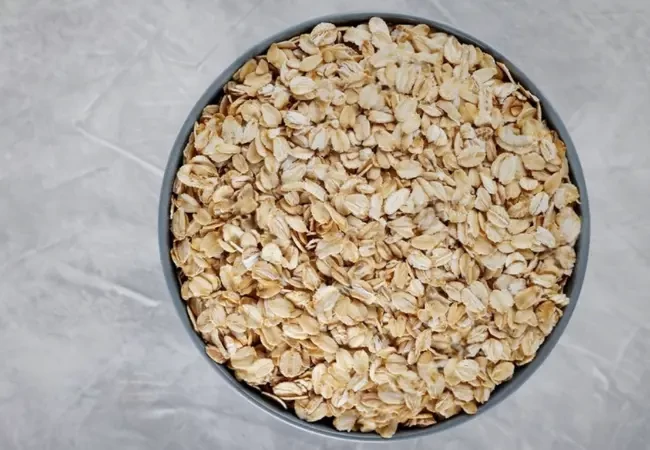Blog
PCOD:
Causes
and
Symptoms

Polycystic Ovarian Disease (PCOD): Causes and Symptoms
The term PCOD is not unfamiliar to most people today. One-third of all menstruating women around the world suffer from PCOD. While PCOD can often be managed by making informed lifestyle changes, one shouldn't ignore it. This blog will explain what PCOD is, its causes and symptoms.
PCOD Symptoms and Treatment
PCOD (Polycystic Ovary Syndrome) is a condition that causes hormonal imbalance due to variation in the structure of the ovary. There will be hormonal imbalance and women will have an excess of male hormone (androgen). Polycystic ovaries symptoms include excessive hair growth. When we talk about excessive hair growth, we don't mean fine hair. This will be thick hair that tends to grow long if not trimmed. When a woman has polycystic ovarian disease, excessive hair may grow on the face, chest, abdomen, thighs, etc.
Doctors use the Ferriman Gallwey score to determine how severe it is. It is a visual system that assesses hirsutism by assigning a score of 0-4 to each of the body areas that are most sensitive to androgens such as the upper lip, chin, chest, upper back, lower back, upper arm, forearm, upper and lower abdomen, thighs and lower legs. Genetics, insulin resistance, poor diet, lack of physical activity, and excess weight or obesity can exacerbate hormonal imbalances, increasing the risk of PCOD.
We have only covered the basics of PCOD in this blog. If you are experiencing any PCOD symptoms, it's advisable to seek guidance from a medical professional. Silverline Hospital, a speciality hospital in Kochi, provides expert endocrinology care. If you have any questions or would like to schedule a consultation, please contact Silverline Hospital.
.jpg)
More Blogs
-

Oats Are Also Carbohydrates: Here's Why Protein-Based Foods Are the Better Choice
Think oats are healthy carbs? Discover why protein-based foods are a smarter choice for sustained energy and balanced nutrition.
-

How Vaccines Help Protect Diabetics From Infections
Discover how vaccines protect diabetics from infections by boosting immunity and preventing serious complications.
-

Vaccinations for Diabetics: Flu, Pneumococcal, Tdap & More Explained by Experts
Stay protected with the right vaccines. In this expert-led guide, learn why flu, pneumococcal, Tdap, and other vaccines are essential for people with diabetes.
-

Struggling with Erection or Early Ejaculation? Here's How to Get Help
Struggling with erectile dysfunction or premature ejaculation? Learn common causes, treatments, and how to seek professional help with confidence.
-

When Should Diabetics Eat? Expert Tips on Meal Timing and Blood Sugar Control
Learn how diabetics can optimize meal timing to better control blood sugar. Expert tips for healthier, more balanced living.


 Home
Home  Booking
Booking
 Chat Now
Chat Now  Call Us
Call Us